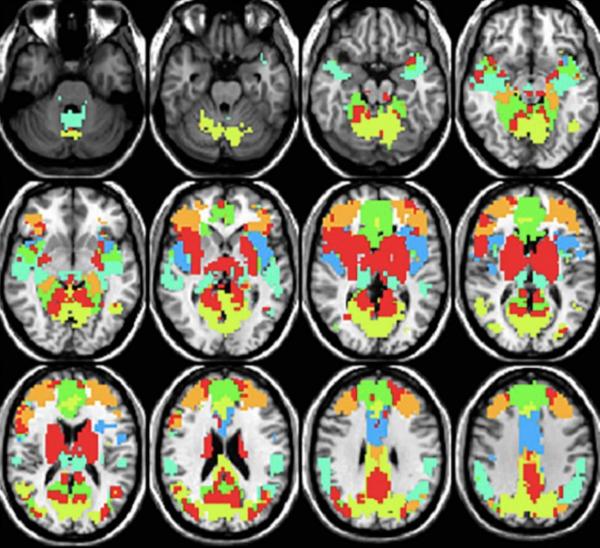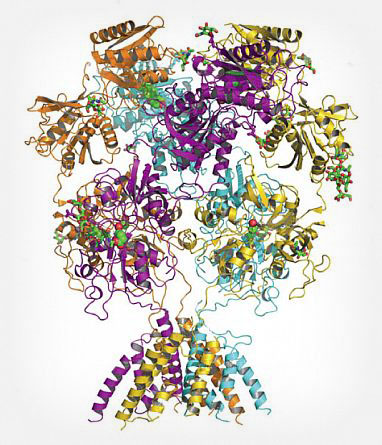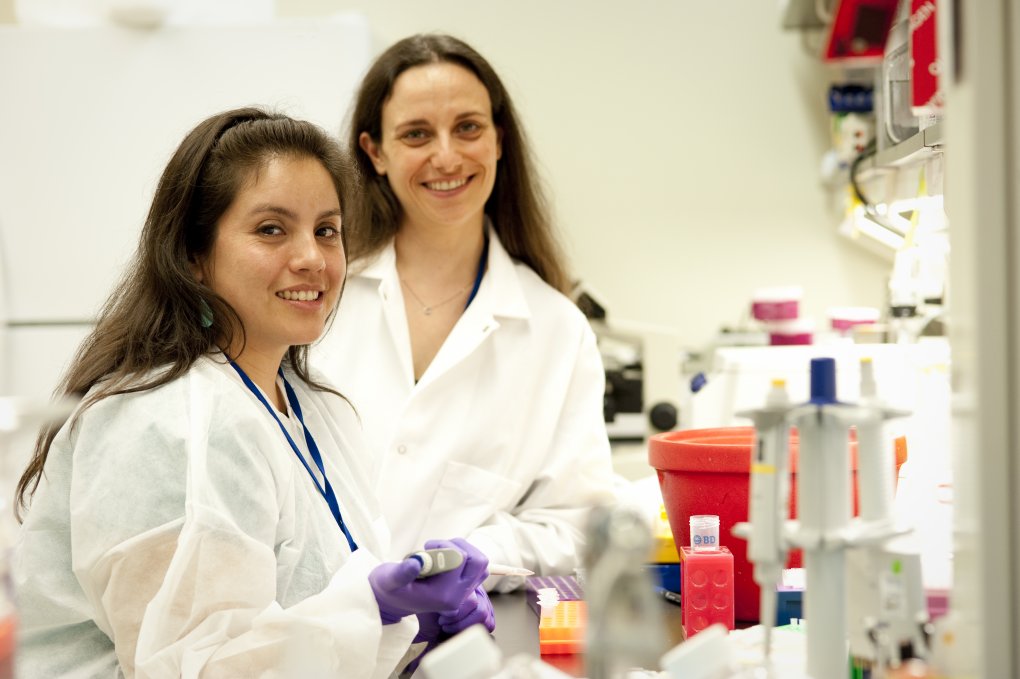Heavy Drinking Linked to Smell and Taste Alterations
IRP Research Utilizes National Study’s Data to Explore Under-Examined Phenomenon
From the spicy Bloody Mary and sweet piña colada to salty margaritas and bitter cheap beers, alcoholic drinks span the entire spectrum of tastes. It’s not a far leap, then, to think that the sense of taste can influence alcohol consumption habits, and vice-versa. A recent IRP study dove into this question, ultimately discovering a number of ways that smell and taste perception differ in people with high-risk drinking habits.






